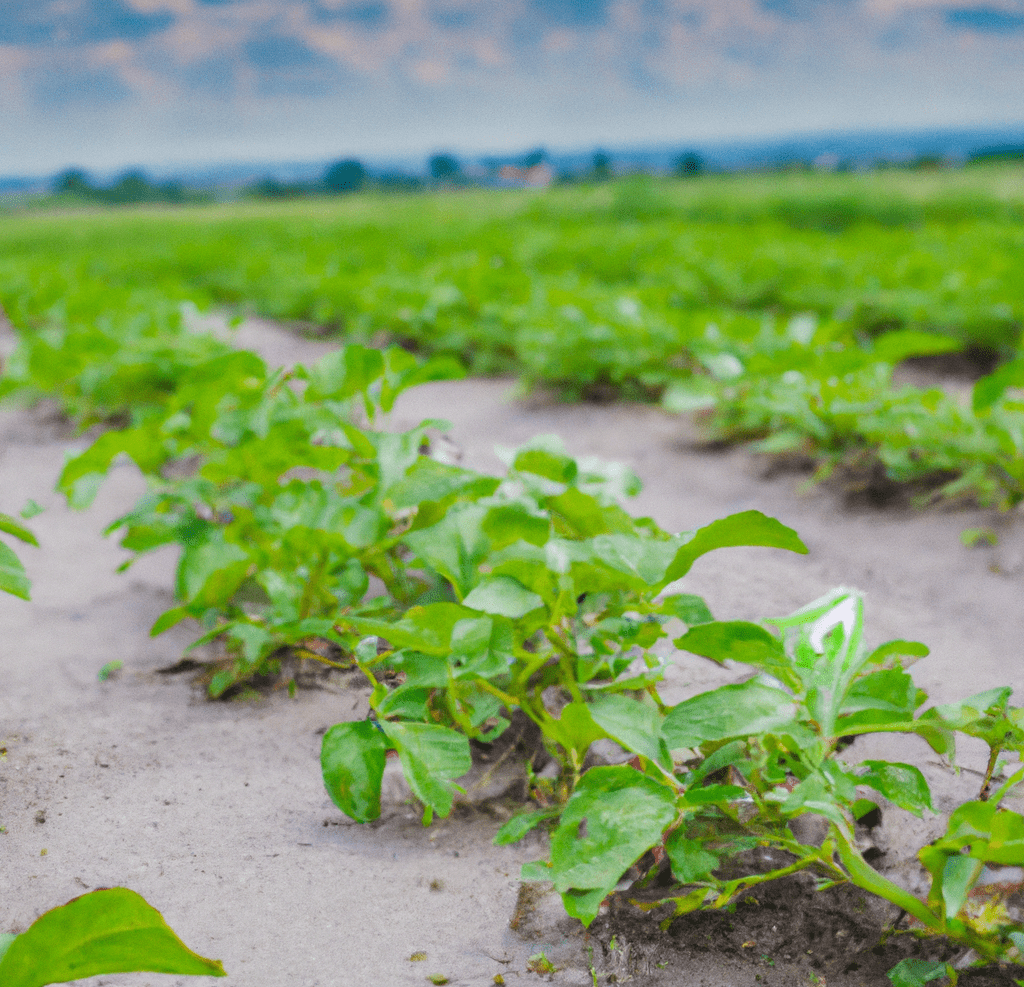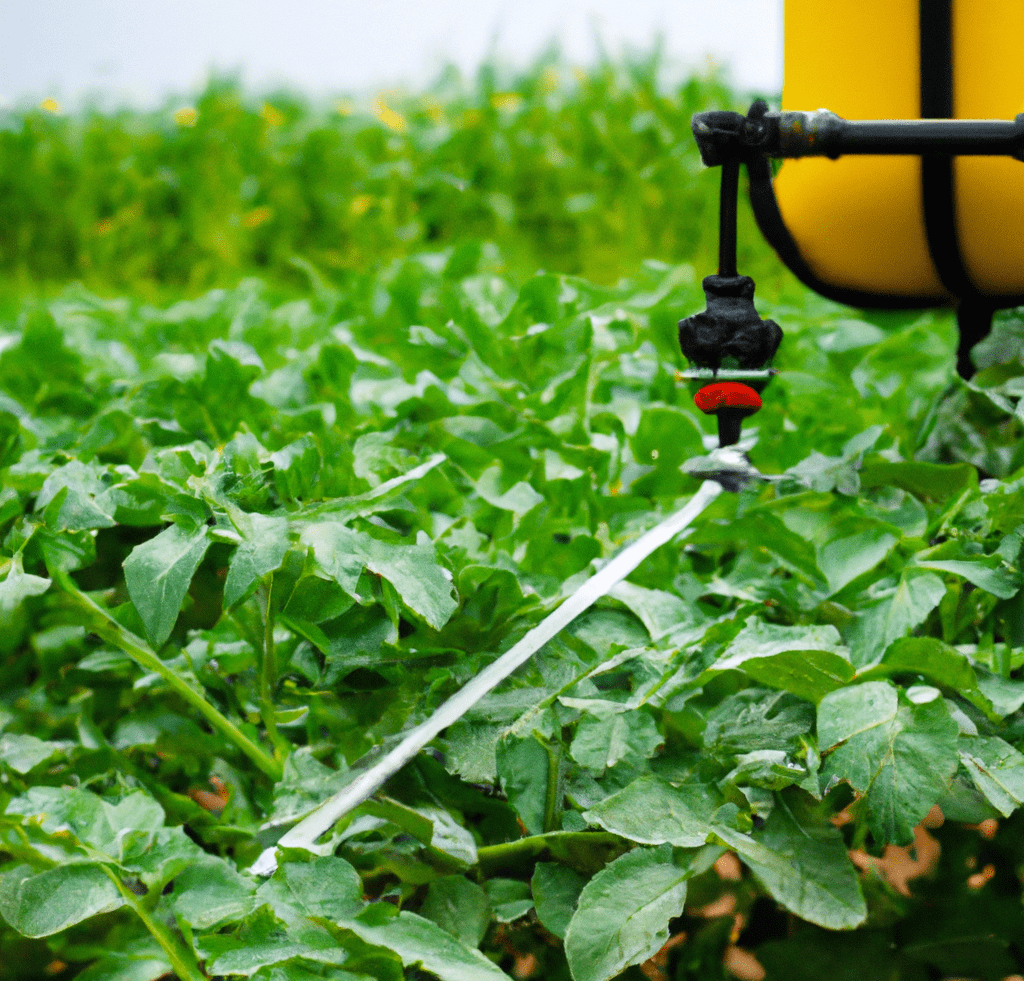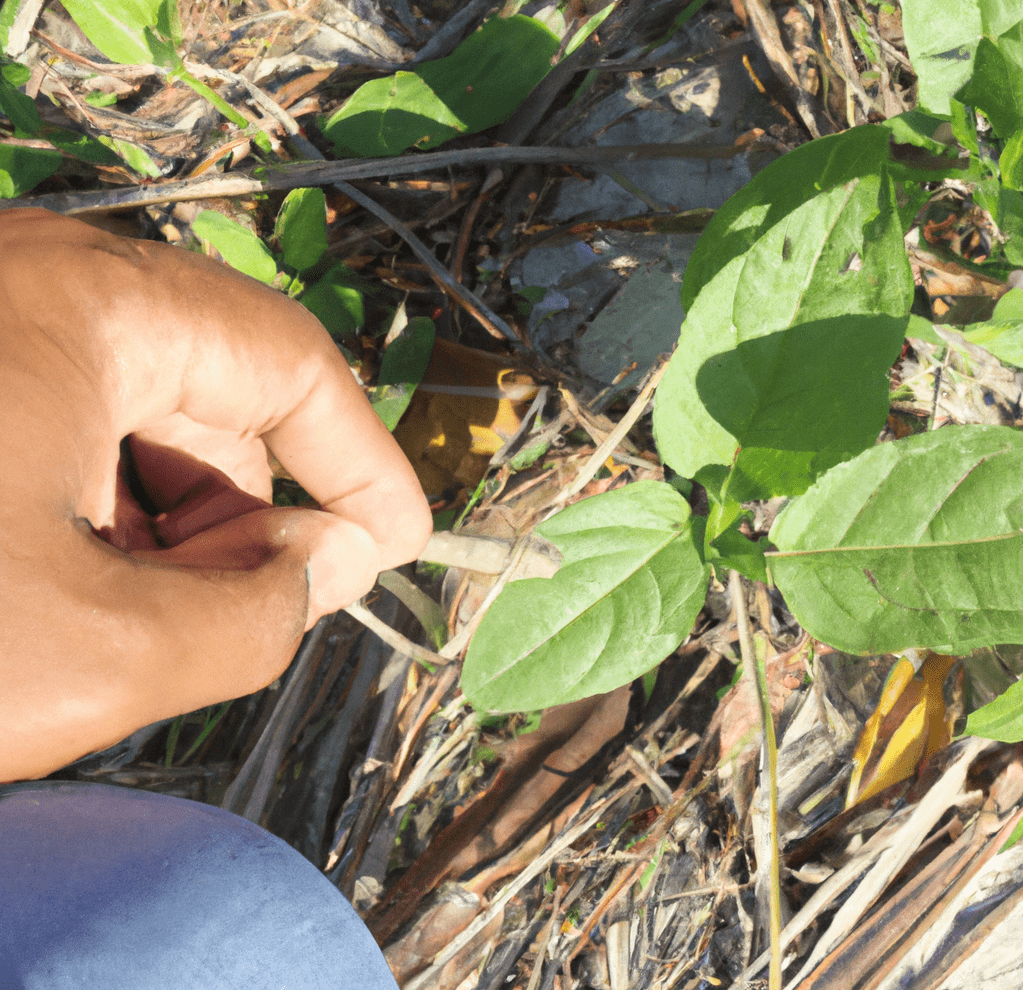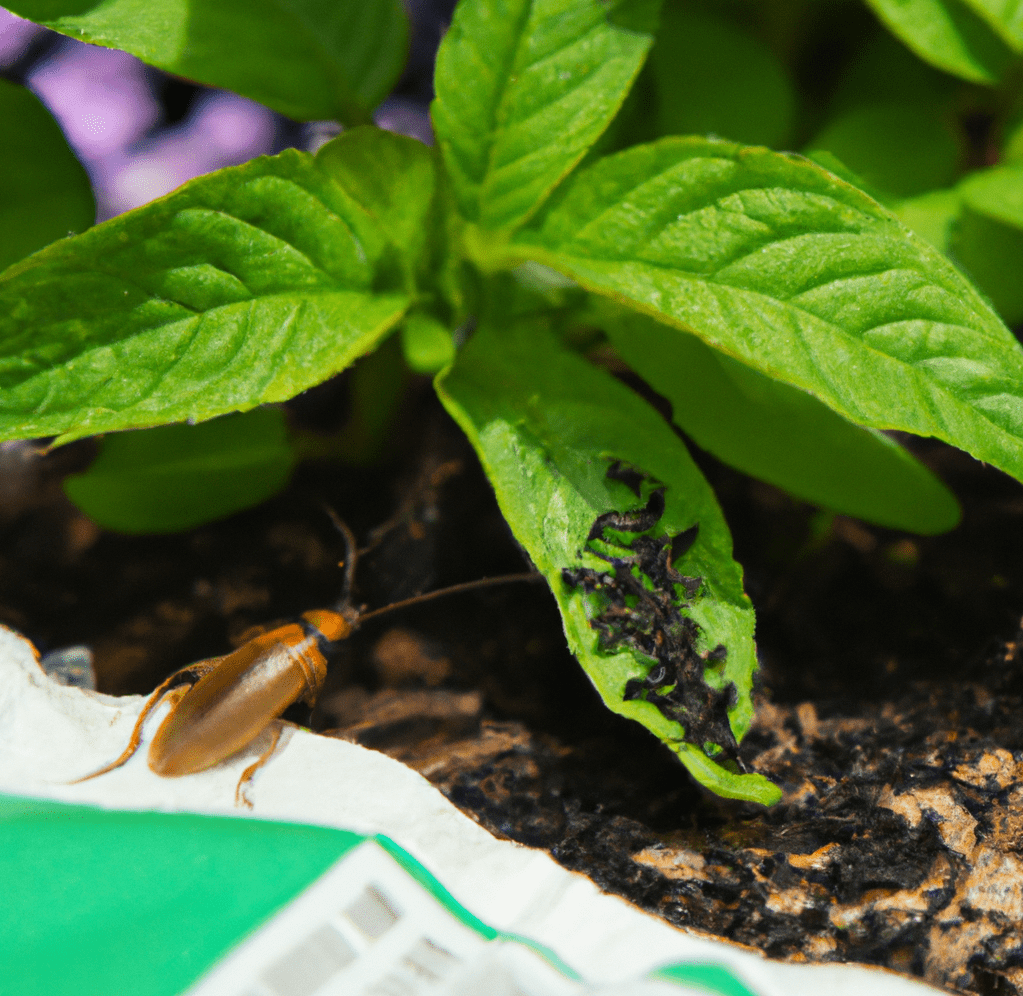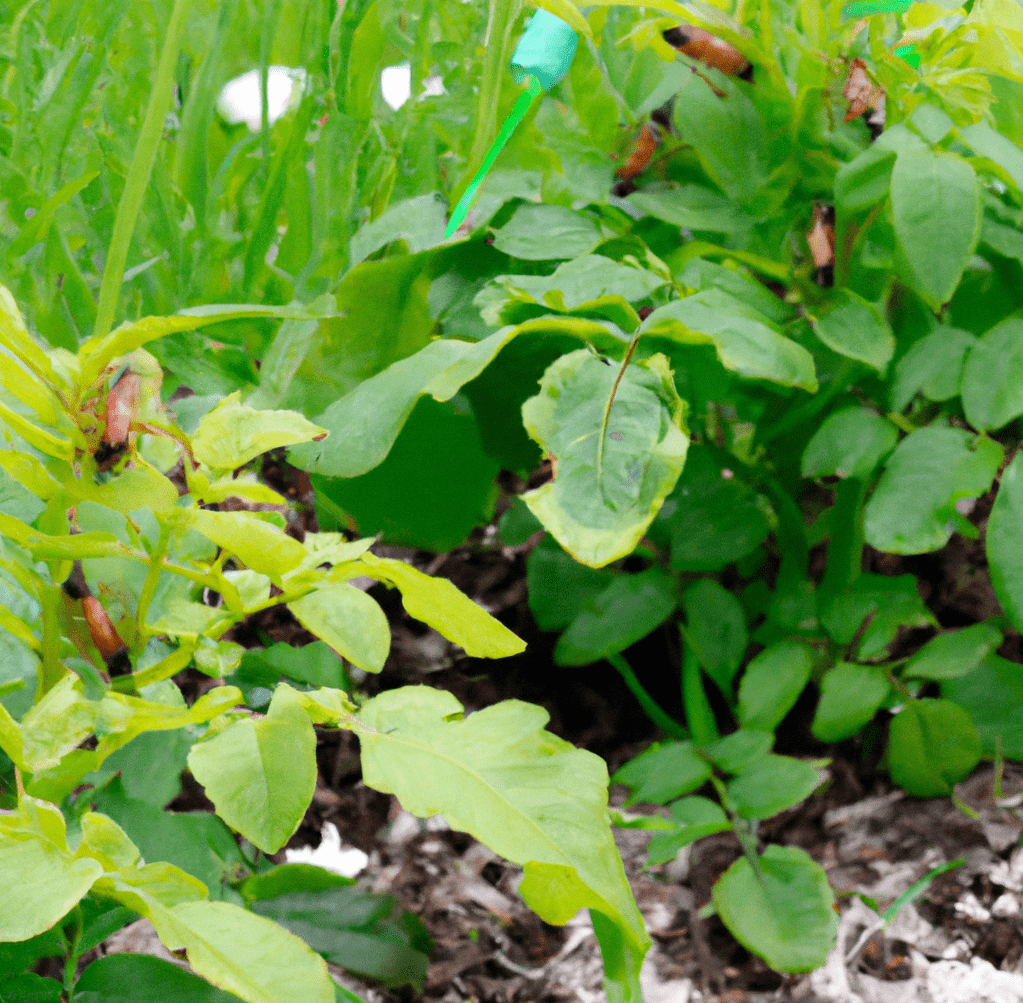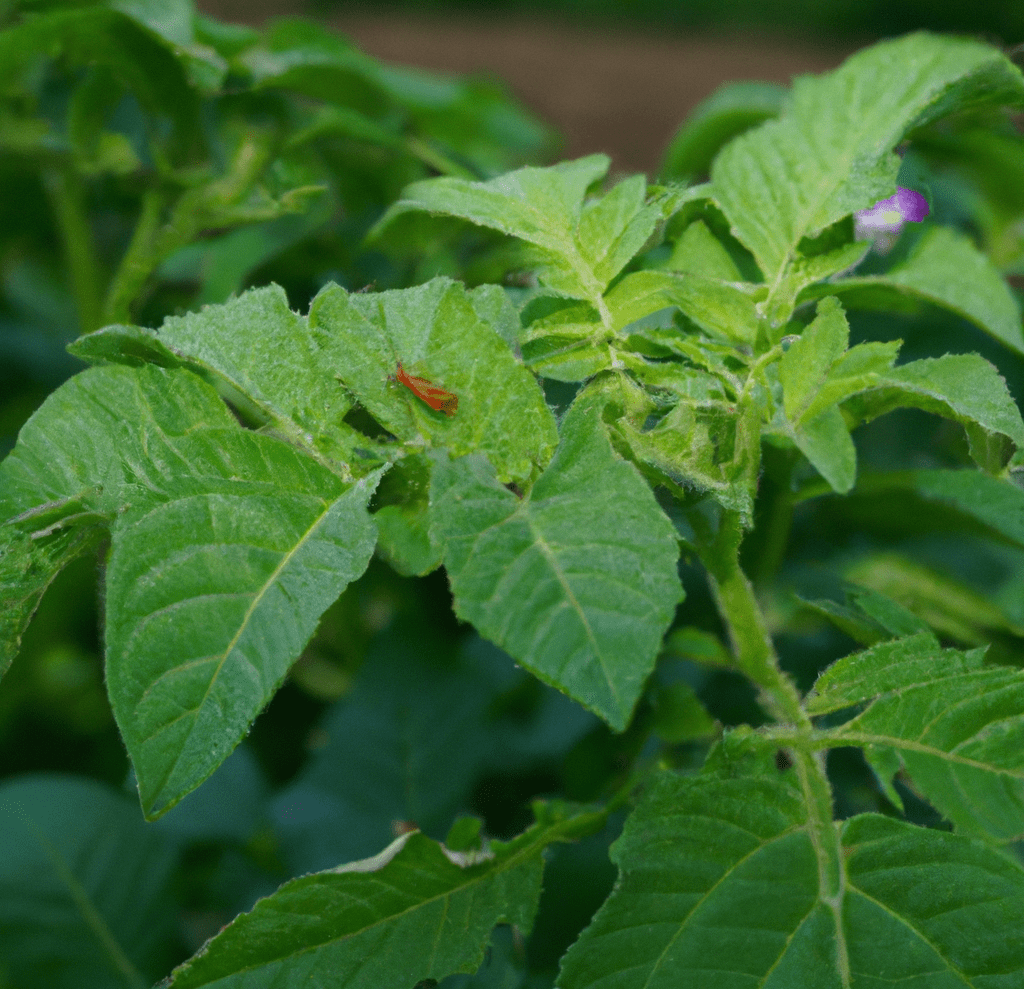When springtime is here your garden will begin to flourish but so will the pesky insect population all around. They might begin to munch on your healthy plants and vegetables, leaving behind noticeable holes, rips, and tears over the leaves.
Having your beautiful vegetable garden invaded by all sorts of insects isn’t pleasant but there’s no need to fret! Thanks to our extensive gardening guides, you can learn all about the best vegetable garden insecticide for your precious plants. Learn all about the easy solutions to get rid of those annoying pests and plant bugs using the best synthetic insecticide as well as those for organic gardening.
If you’re struggling to kill insects and get rid of those bugs eating away at your vegetables, then here is our list of the best insecticides for vegetable gardens that you can use. Keep on reading!
Top Picks for the Best Vegetable Garden Insecticides
- 1. Best Choice - Safer Brand Insect Killing Soap Concentrate
- 2. Editor's Choice - Natria Neem Oil Spray For Vegetables & Fruit
- 3. Best Overall - Monterey Garden Insect Spray
Jump to Section
1. Safer Brand Insect Killing Soap Concentrate
This Safer Brand Insect Killing Liquid blend is a terrific choice that dissolves through the cuticles and skin of the insects invading your plants.
It uses a combination of potassium and fatty acids which ultimately causes them to dry up, dehydrate, and die.
It works well against a variety of common bugs such as mites, earwigs, mealybugs, whiteflies, spiders, aphids, spider mites etc.
It is also affordable, simple to use, and effective.
Spraying insecticidal soap on the bugs will cause them to die immediately without them first needing to swallow it. It won’t stick around in the environment and is suitable to use on veggies and fruit plants up to the day of harvest.
When pollinators, such as bees and other helpful insects, are present, avoid using insecticidal detergent. For total control, many treatments may be necessary for highly migratory insects like whiteflies.
This solution also bio-degrades quickly and a single bottle can be used to make 6 gallons of insect killer solution.
2. Natria Neem Oil Spray For Vegetables & Fruit
Natria Neem Oil solution is praised by all as it can be used for indoor and outdoor plant varieties. It is harmless to use on your vegetation up to the day of harvest and can be used on flora, fruits, and vegetables.
Neem oil, an organic substance that reduces aphid, whitefly, and spider mite outbreaks in an environmentally acceptable manner, is the main component of Natria Neem Oil. Additionally, it works well against mildew and black spots that could infest your garden.
This solution is pre-diluted and can easily be used straight from the bottle with a sprayer. Although easy, mixing the pesticide with water may cause the insecticide’s effectiveness to gradually decline.
A single application is more than enough to get rid of spider mites and other harmful insects.
3. Monterey Garden Insect Spray
This Monterey Garden Insect Spray is a phenomenal pest control solution for all types of vegetation. It consists of Spinosad, which is extracted after fermenting soil bacterium.
This insecticide kills a variety of pest insects quickly by paralyzing their nervous systems and subsequently killing them.
It is suitable to use with a variety of helpful insects, like lacewings, spider mites, and ladybugs, Japanese beetles, and many other pests.
This solution should only be used at night. Avoid using it over plants that are in their blooming stage as they attract bees and the solution may be toxic for them.
4. Bonide Eight Insect Control
Bonide Eight Insecticide comes with a dual action control for your vegetable garden. It kills adult insects on contact when you spray your plants with it.
Secondly, it eliminates new pests that emerge from eggs or travel from other spots while staying active for up to 3-4 weeks. It successfully eliminates more than 100 pests.
The active component is the tried-and-true Permethrin. This ingredient is safe to use around children but can be quite toxic for pets.
Additionally, as Permethrin is harmful to bees and other pollinating insects, you should time your sprays accordingly. We recommend treating your plants with it during nighttime.
There are 16 and 32 ounce bottles of this vegetable bug spray, so you can pick whichever suits your vegetable garden needs.
Before using, the concentrate should be diluted with water. Depending on the plant you intend to spray it on, the product to water ratio will vary. Generally speaking, fruit trees and vegetables should be treated with a lesser concentration.
5. PYRETHRIN Bonide Garden Insect Spray
PYRETHRIN Bonide Garden Insect Spray consists of the active component Pyrethrin which is extracted from African Chrysanthemum blooms. This ingredient allows the solution to seep through better, decompose quickly, and it is also eco-friendly thanks to its all-natural and organic composition.
This insecticide has a rapid onset of action and targets the insects’ central nervous system. It kills the larger bugs and pests immediately after you have applied it to your vegetables.
Use this exclusively on non-blooming plants in the evening because it is not bee safe. This solution also repels bees and other pollinators. Additionally, it also lasts for a shorter period of time compared to other insecticides.
Follow the directions precisely when applying any insecticide to reduce the possibility of harming your plants or contaminating your soil.
6. Garden Safe Neem Oil Extract Concentrate
If your edible plants are at risk of more than just a bug or pest infestation, then we recommend using this Garden Safe Neem Oil Extract.
It quickly eliminates spider mites, aphids and other insects with a softer outer shell. It is also equally powerful against fungi that cause rot, black spot, etc. Use it on fruits, vegetables, bushes, trees, and even indoor plants.
This solution can also be used to eliminate hiding insects along with their eggs during wintertime so they don’t resurface again when it’s spring or summer. You can also get more details about this in our article about the best insect killer for vegetable garden.
Neem oil is extracted from the neem tree seeds and is packed with natural pest-control properties. It also has no size effects on people or your precious pets.
It lowers insect feeding, works as a deterrent, and makes it more difficult for insects to mature and lay eggs. It has been used as a pesticide for millennia, as well as for a variety of other domestic and industrial uses.
Apply the concentrate with a sprayer after mixing it according to the label’s instructions, but avoid using it on plants during hot summer months to prevent leaf burn.
Factors to Consider When Choosing the Best Insecticide for Vegetable Gardens
Before you pick the right insecticide for your vegetable patch, you must ask yourself what you expect from the product and what it is capable of on the whole.
You should make note of characteristics such as organic vs. synthetic formula, targeted pests or fungal diseases, and the duration of effect. If you are worried about other forms of infestation such as weeds, be sure to read our article on the best weed killers for flower beds.
Types of Targeted Insects, Pests, and Fungal Diseases
Any good quality, broad-spectrum insecticide can eliminate most types of pests but often vegetable plants will get affected by one or two different types of insects.
Gardeners strive to recognize and then specifically target the enemy in order to protect the beneficial insects.
Mexican bean beetles eat the leaves of bean plants, despite looking like pale orange ladybugs. If you notice a small hole in your tomato or other fruit like apples, it is a sign of fruit worms.
Additionally, fungal diseases like root rot, black spots, and powdery mildew are also common and can be treated with any good insecticide.
But timing the treatment is necessary as it could otherwise harm useful insects and pollinators.
Using pesticides that only eliminate the intended pests will also prevent collateral damage and ensure that beneficial insects like honey bees are not harmed.
If you are struggling with the caterpillar population in the vegetable garden, you should use insecticides with Bacillus thuringiensis as a key ingredient. This will only target caterpillars and no other insects.
Organic or Synthetic Insecticide for Vegetable Gardens
An organic insecticide’s active components come from natural sources such as minerals, plants, and microbes.
Even though many of these treatments have the potential to harm both pests and beneficial insects, their brief cycle minimizes unintended consequences.
Since these treatments work best on smaller insects, timing of administration is crucial to ensuring successful control. An organic insecticide may be more expensive, have a delayed impact, and require repeated application to achieve full control.
In comparison to their organic counterparts, chemical pesticides often operate more quickly. They are also more affordable and can last much longer than organic alternatives.
Chemical pesticides can kill all kinds of insects, be they good or bad. Therefore, we highly recommend using them with caution.
These products are made from chemicals that, if used or handled incorrectly, can be hazardous to humans, animals, and the environment.
If chemical pesticides are applied excessively, the sluggish pace at which they degrade in the environment might result in accumulation in soil or groundwater. It’s recommended to use a pesticide or repellent that won’t harm beneficial insects whenever feasible.
Effective Application of Pesticides
Targeted or all-purpose liquid insecticides are quick-action because they get the active ingredient right to the source of the issue.
One of the most crucial factors you should consider when picking an insecticide for your veggie garden is ease of application and its effectiveness in the long run. Pick an insecticide that can be sprayed directly or sprinkled all over the infested area. You can also pick ready-to-use concentrated liquids for quicker results.
Concentrates must be diluted with water before usage, despite their lower cost per treatment. Costlier ready-to-spray goods eliminate mixing’s mess and save time.
The majority of granular pesticides are broad-spectrum solutions that work well to treat soil-level garden pests, but they also harm helpful insects.
Granules are simple to use. You just sprinkle some over the affected soil and it will get rid of any pests that may be dangerous for your plants.
Applying dust insecticides on lower leaf surfaces might be challenging. Applying these chemicals is simple and effective when using a garden duster, which evenly coats the plant by mixing the product in a mild air stream and dispersing the dust in a cloud.
Applying these items as directed is essential in all situations to reduce any adverse effects on the environment.
Use only what is required to solve the issue. Making sure insecticides don’t end up in water bodies is extremely crucial. If put directly to water, several chemicals that are acceptable for use can seriously harm aquatic life.
Consider Safety When Applying Pesticides
When using pesticides, gardeners should always follow the manufacturer’s safety instructions. Wearing protective clothing such as gloves, face masks, and safety glasses can help avoid any serious reactions or medical emergencies.
Understand the dangers and potential outcomes of product exposure. Don’t remove product labels, and never use insecticide containers for something else.
Keep a close eye on the sun and the temperature to ensure the safety of your plants. For example, some insecticides for vegetable gardens may harm foliage if used in the heat or direct sunlight. By avoiding treatments when plants are in bloom, you can protect bees and other vital insects.
FAQs about the Vegetable Garden Insecticides to Kill Insects
What is the most effective natural pesticide?
The most effective natural pesticide is neem oil. This is one of the best all-natural pesticides available, eliminating everything from nematodes and grubs underground to cabbage worms above the ground.
The poisonous neem tree oil works just as organic insecticides and can be bought from most gardening shops and centers.
What should you spray on your vegetable plants to keep bugs from eating them?
You should put neem oil or a homemade bug spray on your vegetable plants to keep bugs from eating them.
We recommend using a spoonful of ordinary dish soap with some vegetable or even canola oil, a quarter cup of water, and a cup and a half of rubbing alcohol.
You can also add a dash of essential oils. You can spray this mixture on your plant leaves and stems to bug infestations.
How can you get rid of bugs in fruit and vegetables?
You can get rid of bugs in fruit and vegetables using vinegar and water mixture. Prepare a solution with a quarter cup of vinegar and two cups of water. You can soak your fruits and vegetables in it for 20-30 minutes and then rinse them with plain water before eating them.
Bottom Line on the Best Insect and Bug Killers for Your Vegetable Garden
Our number one choice for this list is the Safer Brand Insect Killing Soap Concentrate. This is an affordable option for most homeowners. It dehydrates insects and pests from your veggies and fruits immediately and kills them.
The second best choice is the Natria Neem Oil Spray For Vegetables & Fruit. This uses neem oil as a primary ingredient and helps kill a variety of insects. It is excellent for both indoor and outdoor plants.
Finally, the Monterey Garden Insect Spray is another great option. This targets the nervous system of the pests on your vegetable patches and kills them. It is also an affordable option for most!

Abigail Clemente
To say that Abigail is passionate about gardening and landscaping would be an understatement. Abigail came to Your House Your Garden team with an already exceptional portfolio as an experienced writer.

Abigail Clemente
To say that Abigail is passionate about gardening and landscaping would be an understatement. Abigail came to Your House Your Garden team with an already exceptional portfolio as an experienced writer.







